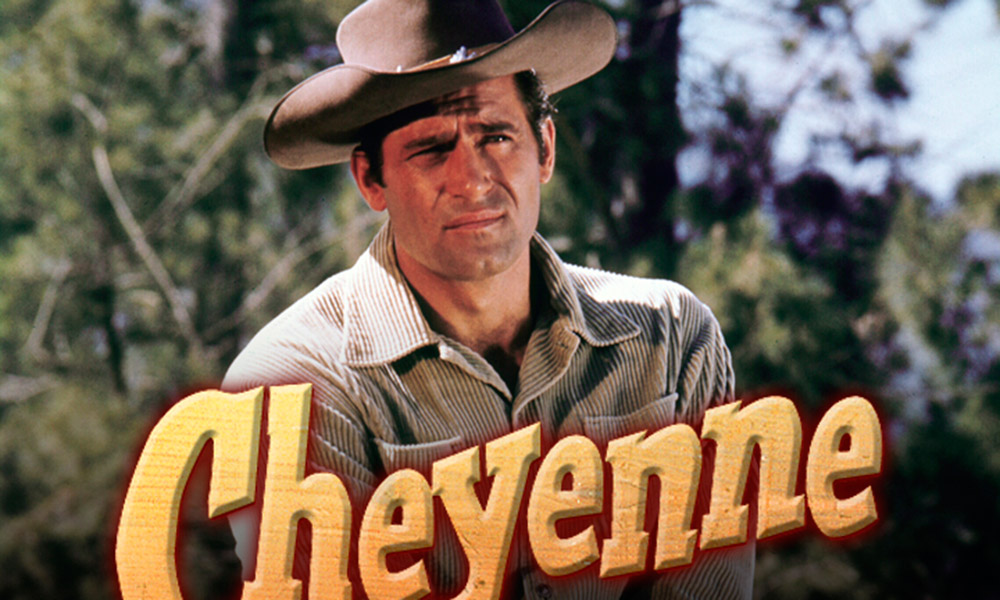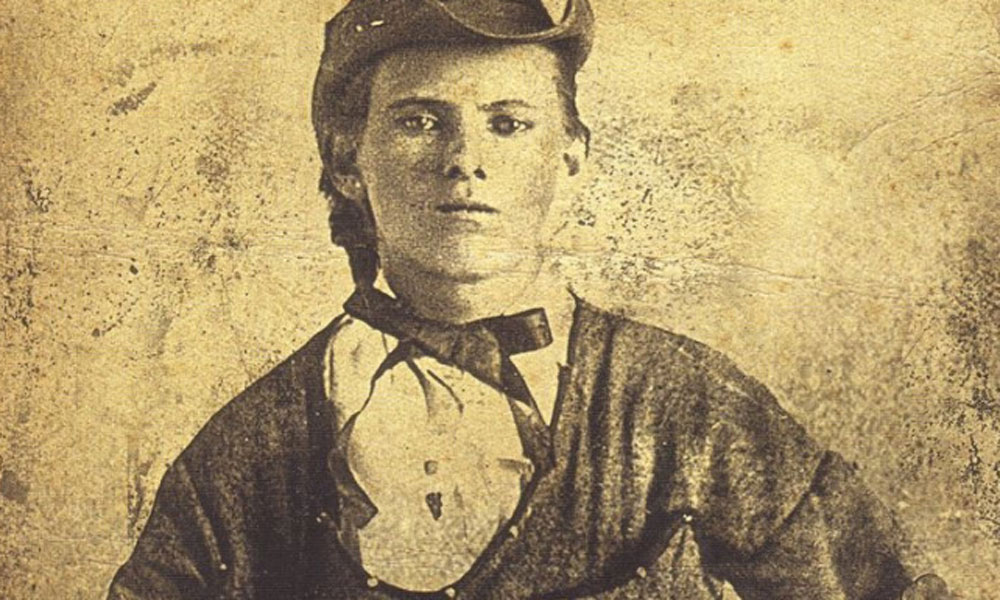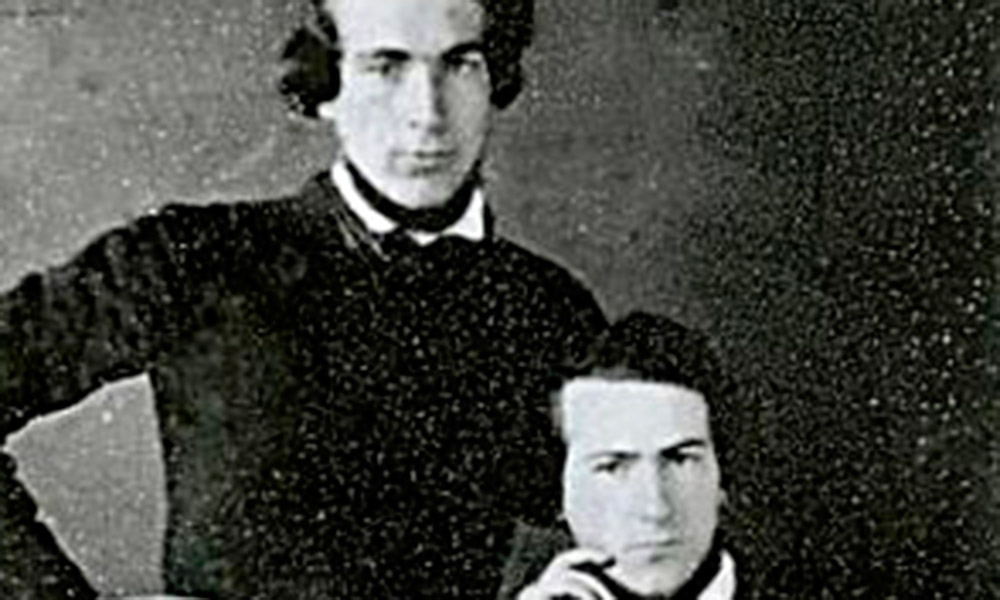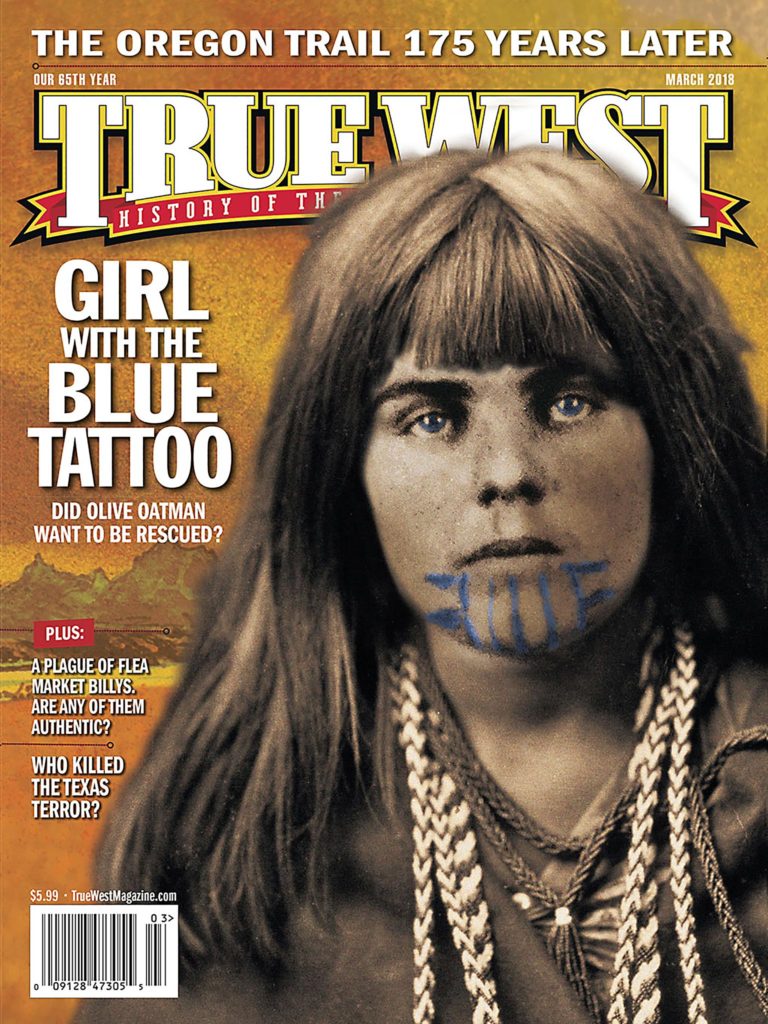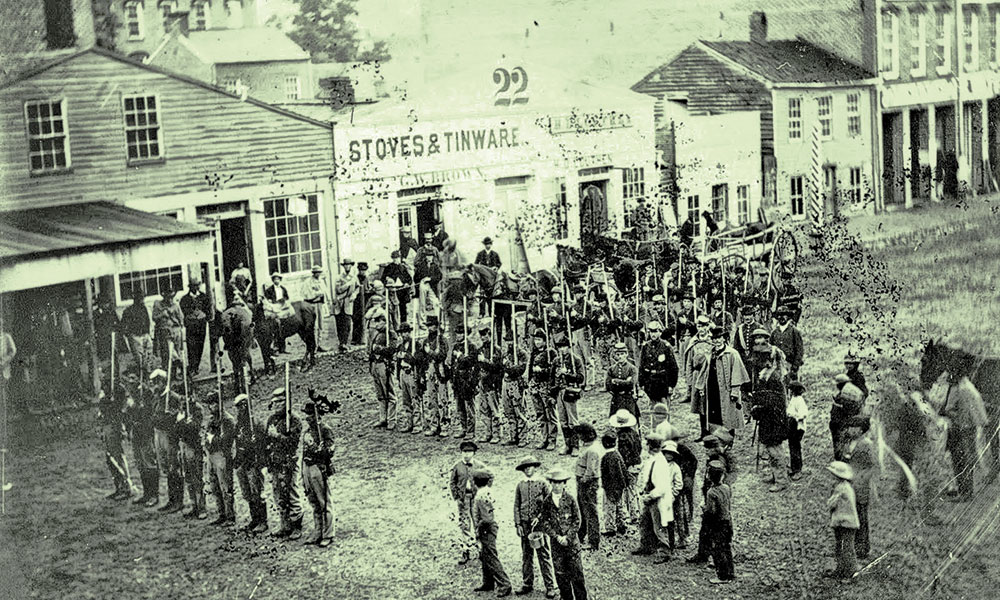
— St. Joseph photo Courtesy State Historical Society of Missouri, Columbia —
In March 2, 1867, a group of six riders came into the quiet town of Savannah, Missouri, about 15 miles north of St. Joseph. They tied up their horses outside Judge John McLain’s private bank and went inside. Pulling their guns, they demanded all the money, but the judge refused. One bandit shot McLain in the chest—a wound he survived—and then panicked. They ran from the building, dodged citizens’ bullets and rode off as fast as possible, without any cash.
Over the years, the James-Younger Gang was named as the culprit. Was the gang involved?
Among the reasons to be skeptical is that Savannah would have made a strange target for the pro-Southern outlaws. Although pro-Union supporters could be found, the town was largely run by secessionists during the Civil War, and Jesse James and the boys mainly avoided robbing fellow Confederates.
During that post-Civil War period, the region was overrun with criminals of various sorts, many of them rebels who refused to put down their weapons in 1865. In May 1867, The Bankers’ Magazine and Statistical Register blamed the attempted Savannah holdup on, “A band of desperadoes, under notorious bushwhackers,” but never identified the participants. Other publications followed suit.
The James-Younger outfit was already known at the time, yet no newspapers named them as the Savannah robbers. More recently, doubts have been cast on the gang’s participation.
English researcher Robert Wybrow includes Savannah among the questionable robberies attributed to the gang, claiming that the boys were nowhere near Savannah on that March day. Youngers’ biographer Marley Brant argues that Savannah was a copycat crime committed by bandits who imitated the work of Jesse and company. James-Younger chronicler William Settle suggested that some men who rode with the gang might have pulled the job, but even he had doubts. Ted Yeatman, in his comprehensive Frank and Jesse James, didn’t even mention the holdup. T.J. Stiles, author of Jesse James: Last Rebel of the Civil War, does bring it up, but doubts that the legendary outlaws were involved.
Who first attributed the Savannah robbery to the James-Younger Gang remains unclear. Perhaps the claim came from a dime novel cranked out after Jesse died on April 3, 1882, and the other members were dead, in jail or retired. Jesse’s fame was still on the ascendancy at that point, and writers were more than willing to credit the outlaw with any Missouri stick-up carried out between 1866 and 1882.
Was the James-Younger Gang responsible for the March 2, 1867, robbery? History is showing that their involvement was highly unlikely.

